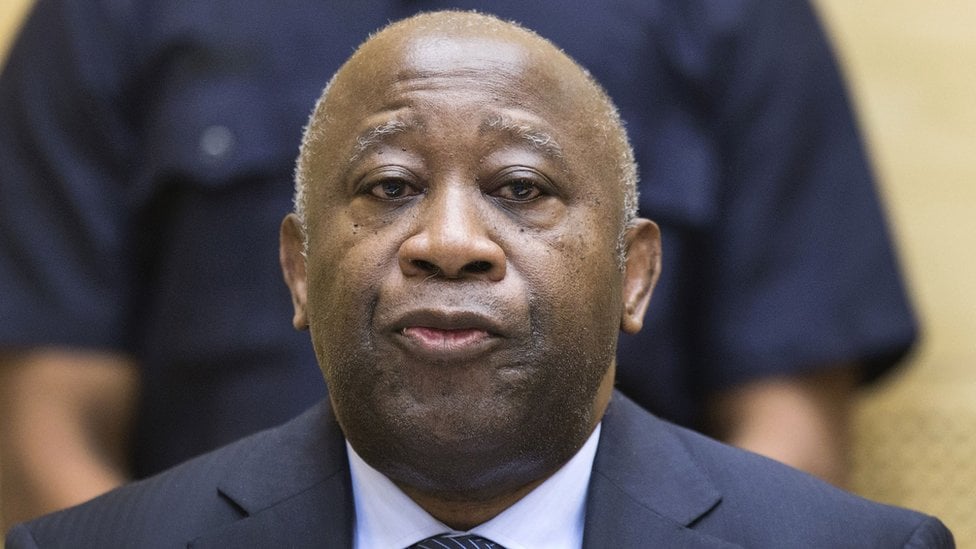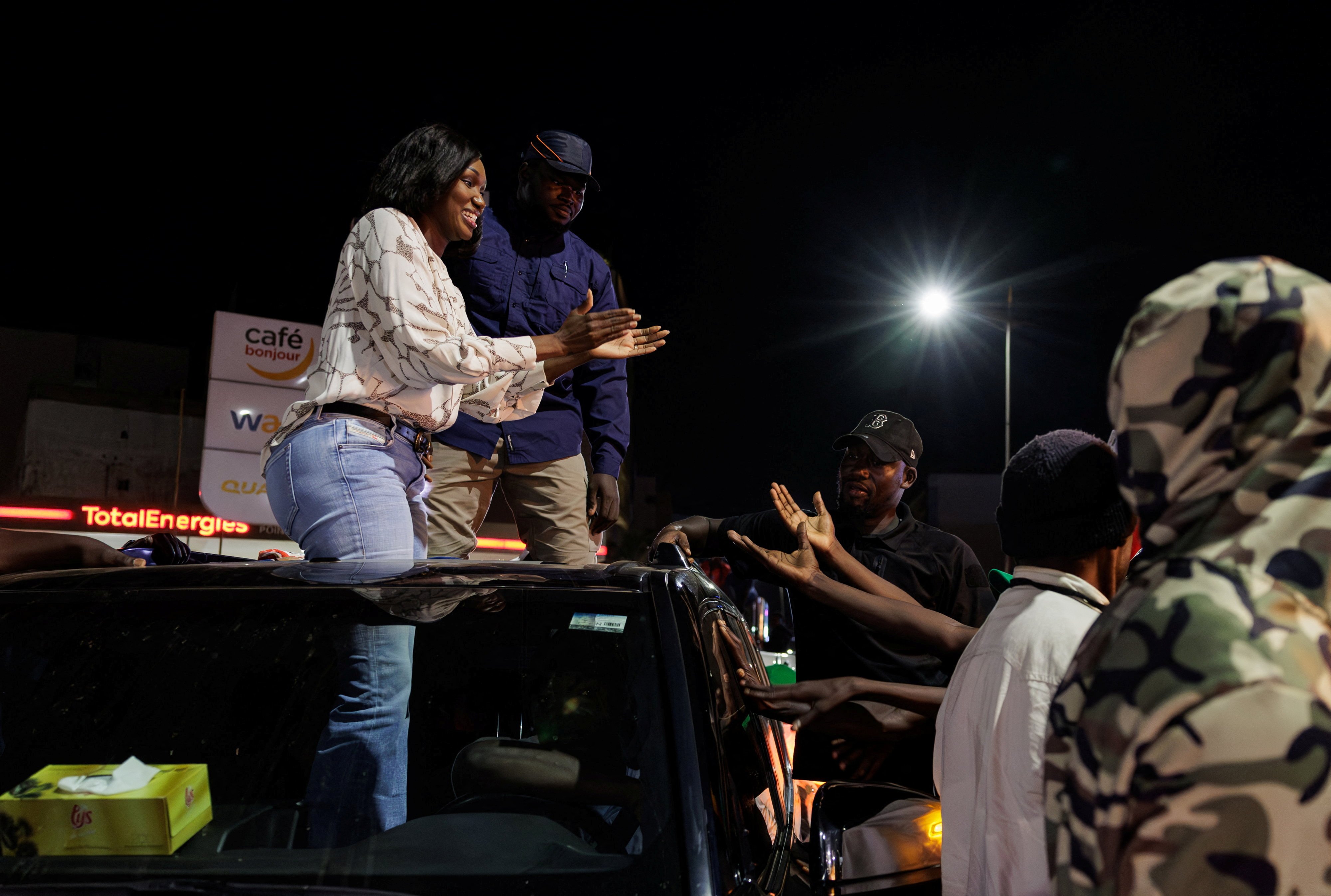Prime
Ivory Coast's Gbagbo: Controversial ex-president touted for comeback

Ivory Coast's former president Laurent Gbagbo
What you need to know:
- The ICC on Wednesday rejected an appeal against acquitting Gbagbo, 75, and his former right-hand man Charles Ble Goude, 49, of charges that had led them to spend seven years behind bars.
- The wily Gbagbo long managed to stave off promised elections despite strong international and regional pressure.
Ivory Coast's former president Laurent Gbagbo, who was definitively acquitted Wednesday of crimes against humanity, was long a champion of democracy, but after coming to power he refused to step down, sparking a civil war that tarnished his legacy.
Amid high expectations of his imminent return, Gbagbo is a figure of both potential division and healing in his homeland, a decade after the 2010-11 conflict that claimed some 3,000 lives.
The man the Ivorian daily Le Temps once described as "the legend that never dies" maintained a strong following at home even as he languished in jail in The Hague.
Gbagbo positioned himself last year for a potential comeback, urging dialogue to avoid a "catastrophe" ahead of presidential elections due in October.
Scores died in unrest sparked by his rival Alassane Ouattara's decision to bid for a third term -- a plan that critics said scorned constitutional limits on presidential tenure.
In the grim aftermath of elections almost universally boycotted by the opposition, Ouattara tendered an olive branch to Gbagbo.
He said Gbagbo had a role to play in reconciliation and provided him with two passports, one of them a diplomatic pass, at his home in Brussels, where he was awaiting the outcome of an appeal at the International Criminal Court (ICC).
As the mood brightened, Gbagbo's Ivorian Popular Front (FPI) took part in legislative elections this month, breaking a decade-long boycott.
War-crimes charges
The ICC on Wednesday rejected an appeal against acquitting Gbagbo, 75, and his former right-hand man Charles Ble Goude, 49, of charges that had led them to spend seven years behind bars.
It was the first trial of a former head of state by the court, which began operations in 2002.
The charges related to a showdown in 2010 in which Gbagbo refused to accept election defeat to Ouattara, prompting the descent into bloodshed.
The conflict turned the economic hub Abidjan, one of Africa's most cosmopolitan cities, into a war zone until Gbagbo and his wife Simone were grabbed from their bunker by pro-Ouattara forces on April 11, 2011.
To Gbagbo, France was behind a "plot" that led to his arrest, and he vowed to "see this through to the end".

Supporters of former Ivory Coast president Laurent Gbagbo celebrate at the news of his aquittal by the International Criminal Court on March 31, 2021. PHOTO/ AFP
Fought one-party rule
Born on May 31, 1945, educated in a Christian seminary and a historian by training, Gbagbo founded the FPI to fight one-party rule, and sought exile in France in the 1980s.
Gbagbo often blamed the country's woes on foreigners and played on the stark divisions between its north and south.
A skilled orator who liked to play the man of the people, preferring African shirts over suits and ties, Gbagbo hid an ironclad will behind an affable exterior.
He cut his teeth in the trade union movement during long years of opposition to the "father of the nation," Felix Houphouet-Boigny, who ruled from independence in 1960 until his death in 1993 and was post-colonial France's anchor in Africa.
At times Gbagbo used Ble Goude's Young Patriots movement to bolster his strength by organising riots, notably against French and other foreigners targeted by Gbagbo with his xenophobic brand of politics.
A member of the Bete ethnic group, which was traditionally excluded from power, Gbagbo entered politics in 1990, when a multiparty system was introduced.
Elected a member of parliament, he looked on with glee as Houphouet-Boigny's supporters started attacking each other and fighting for power after the "Old Man" was dead.
Rebellion
His hour came on October 26, 2000, when he was elected president under conditions he himself admitted to be "calamitous", in a poll from which former international banker Ouattara was barred.
Two years later, Gbagbo faced a rebellion that split the country, a harbinger of worse violence that would follow.
He managed to stay in office, but kept control of only the southern half of the country.
The New Forces (FN) rebel movement took the north, Ouattara's stronghold. After a failed attempt to reconquer the north by military means in 2004, Gbagbo signed a peace deal with the rebels in 2007.
The wily Gbagbo long managed to stave off promised elections despite strong international and regional pressure.
Once he was beaten by Ouattara in November 2010, he refused to accept the result and fighting erupted.
The ICC's ruling definitively clears Gbagbo of four charges of crimes against humanity, including murder, persecution and rape committed during the conflict.
He is not totally out of the legal woods. Technically he could be jailed on his return, having been sentenced in absentia to a 20-year term for "looting" the local branch of the Central Bank of the West African States at the time.





